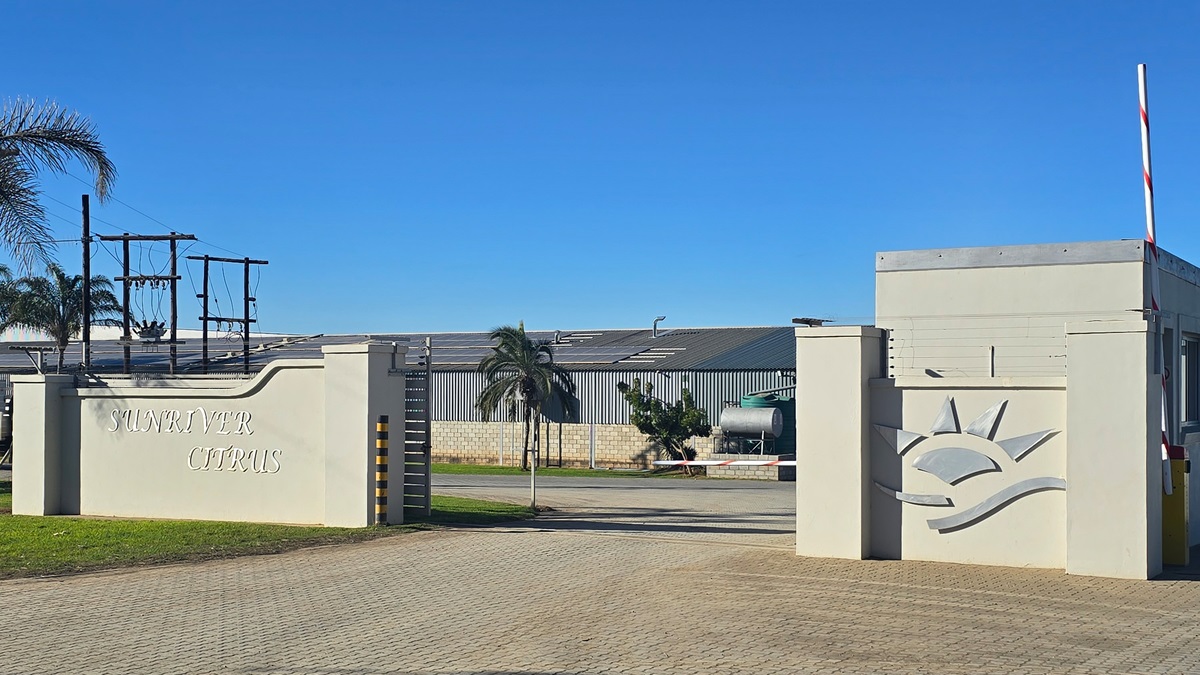Conditioning , Processing
McCall Farms achieves massive production increase and grade a product quality with TOMRA 5B sorting green beans for canning
McCall Farms has been growing and canning vegetables in South Carolina, USA, since 1954 ? yet it was in an astonishingly short timeframe, and very recently, that this 70-year-old business ramped up production volumes 16-fold. In the years up to and including 2018, McCall Farms typically produced 18 million cans of green beans per year. By 2022, however, McCall?s output had skyrocketed to 304 million cans per year. A big reason for this giant leap forward was McCall's acquisition of a state-of-the-art TOMRA 5B optical sorting machine. Investing in the sorter has also paid back by significantly enhancing product quality and reducing problematic dependence on manual labor.
22 June, 2023
McCall Farms has been growing and canning vegetables in South Carolina, USA, since 1954 yet it was in an astonishingly short timeframe, and very recently, that this 70-year-old business ramped up production volumes 16-fold. In the years up to and including 2018, McCall Farms typically produced 18 million cans of green beans per year. By 2022, however, McCalls output had skyrocketed to 304 million cans per year. A big reason for this giant leap forward was McCall's acquisition of a state-of-the-art TOMRA 5B optical sorting machine. Investing in the sorter has also paid back by significantly enhancing product quality and reducing problematic dependence on manual labor. Sorting was previously slow and inconsistentMcCall Farms has come a long way since, as a family business with a 2,000-acre (809-hectare) farm, it switched from growing tobacco to canning vegetables when a new law required tobacco products to be labeled with health warnings. This move turned out to be very good for the business own health: today, McCall Farms is one of the USAs leading providers of farm-fresh canned vegetables and fruit, producing 235 different products at its 93,000 square-meter facility in Effingham, South Carolina, on the northern banks of the Lynches River. McCall Farms wide variety of Southern-style products all grown in South Carolina and neighboring states are sold under four major brand names across the USA. The business has now been family owned and run for six generations and employs more than 1,000 people. It was difficulties such as recruiting and retaining people, however, which prompted McCalls owners and managers to look for a new way to sort fresh vegetables, including green beans. McCalls Maintenance Superintendent, Amanda Salisbury, explains: Its getting harder for businesses like ours to find and keep people for production line work, particularly for tasks such as sorting. We were having issues with keeping a large enough crew to keep the product free of defects. And even with a large crew of hand-sorters, we werent able to keep the product sufficiently defect-free for Grade A product. We needed to shift from manual to automated sorting. McCall Farms first move was to acquire sorting machines for its green beans, fresh cut for canning, from a manufacturer other than TOMRA. But this brought disappointment. Amanda said: Those machines didnt perform at the level we expected of an optical sorter. This left us vulnerable and scrambling to make up the difference with hand-sorters. Because we couldnt always find enough hand sorters, we had mechanics and managers helping with the sorting. To facilitate optimal sorting of the product, we had to slow down production and had to reject loads that we couldnt clean up sufficiently by hand. None of this was acceptable, of course. For one thing, food waste costs money. For another, McCall Farms has always set itself the goal of high product quality. Whether its green beans or sweet potatoes or spinach or peanuts, Amanda says, our main goal is always quality. We want to offer the highest quality product on the market. This means we need consistency in our sorting. We want to eliminate critical FM [foreign material] contamination and we want the same high-quality results even when the raw product changes. It was clear to the Effingham plants managers and line operators that a more effective sorting solution was needed and that perhaps the answer was staring them in the face, because the plants two TOMRA Sentinel II optical sorting machines were working well. The Sentinel II is a cost-efficient machine, simple to operate and maintain, which outperforms similarly-priced competitors in sorting ability, capacity, and durability but now McCall Farms wanted something more, to handle greater quantities with even greater product quality. Discussions with TOMRAs experts quickly identified that the best solution would be the TOMRA 5B. Quantity, quality, and easy maintenanceThe TOMRA 5B is the top-of-the-line belt sorter for green beans and many other products. By combining the latest sensor technology with advanced shape algorithms, this machine can reach the most challenging quality targets and yields. Its innovative 360° inspection, with smart surround view technology, boosts product quality and guarantees swift removal of foreign material, resulting in a highly efficient sorting process. And its flexibility and accuracy are complemented by gentle handling. Amanda Salisbury recalls: The performance difference of TOMRAs sorters, compared to the others we had, is staggering. Its a delight to watch them perform. When the installation engineer set up our programs, we got results above expectations a 99% removal rate for all defects at TOMRAs recommended capacity. We are achieving more consistent sorting and our product quality has risen substantially. We can now produce a consistently high-grade product while maintaining our preferred production speed. This has played an essential role in boosting production volumes an increase to 16 times more cans in just four years. We have also greatly reduced our dependency on hand sorting, which is inconsistent, unreliable, and consumes management time. By reducing manpower, we have also reduced our production footprint. And TOMRAs sorters are easy to maintain. All windows are easily accessible for cleaning and the cleaning mode is simple enough for the newest sanitation worker to use. The effectiveness of an optical sorter depends greatly on preventive maintenance, and TOMRAs design and engineering make this easy. Planning to buy anotherIn addition to the two Sentinel II sorters and single TOMRA 5B currently sorting fresh-cut green beans for canning, McCall Farms Effingham plant now also uses two TOMRA Nimbus BSI+ sorters with TOMRAs unique Biometric Signature Identification technology to detect both the color and chemical composition of objects for in-shell peanuts. And the business is so impressed with its first TOMRA 5B, it plans to buy another. About TOMRA FoodTOMRA Food designs and manufactures sensor-based sorting machines and integrated post-harvest solutions transforming global food production to maximize food safety and minimize food loss, by making sure Every Resource Counts. These solutions include advanced grading, sorting, peeling and analytical technology to help businesses improve returns, gain operational efficiencies, and ensure a safe food supply. The company has more than 13,800 units installed at food growers, packers and processors around the world for Confectionery, Fruit, Dried fruit, Grains and Seeds, Potatoes, Proteins, Nuts, and Vegetables. TOMRA Food operates centers of excellence, regional offices and manufacturing locations within the United States, Europe, South America, Asia, Africa and Australasia. Follow TOMRA Food on Facebook @TOMRA.Food, Twitter @TOMRAFood, Instagram @TOMRAFood and on LinkedIn at TOMRA Food. TOMRA Food is a division of TOMRA Group. TOMRA was founded in 1972 that began with the design, manufacturing and sale of reverse vending machines (RVMs) for automated collection of used beverage containers. Today, TOMRA is leading the resource revolution to transform how the planets resources are obtained, used and reused to enable a world without waste. The companys other business divisions comprise TOMRA Recycling, TOMRA Mining and TOMRA Collection. TOMRA has approximately 105,000 installations in over 100 markets worldwide and had total revenues of about 12 billion NOK in 2022. The Group employs 5,000 globally and is publicly listed on the Oslo Stock Exchange. The company headquarters are in Asker, Norway. For further information about TOMRA, visit www.tomra.com











